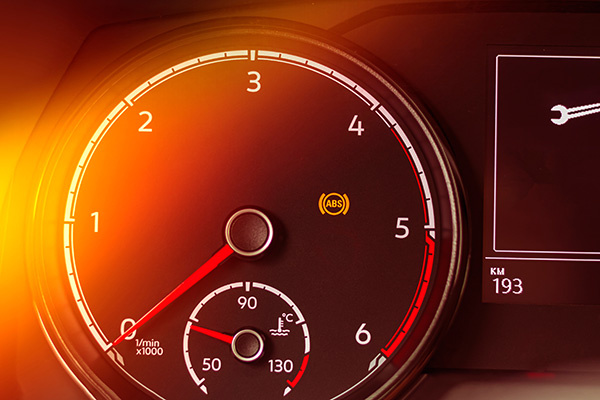
Have your dashboard lit up with warnings about ABS or traction control? While these systems are essential for safety, they’re heavily dependent on one component—the speed sensor. When speed sensors fail or malfunction, they can throw your vehicle’s safety features into chaos. Let’s explore how these small but essential devices affect ABS and traction control and why keeping them in working order is so important.
Speed Sensors and Their Role
Speed sensors are designed to measure the rotational speed of your car’s wheels. This data is then sent to the vehicle’s electronic control unit (ECU), which is used to manage various systems, including ABS (Anti-lock Braking System) and traction control.
For ABS, the speed sensors provide real-time information to prevent wheel lock-up during sudden braking. By knowing which wheel is slowing down faster than the others, ABS adjusts the braking pressure to maintain control. Similarly, traction control relies on speed sensor data to detect wheel slippage and redistribute power to ensure stability and grip.
When these sensors malfunction, it’s like trying to navigate with a broken compass—the system doesn’t get accurate data and can’t function properly.
How Malfunctioning Speed Sensors Affect ABS
ABS is designed to keep you safe during hard braking, especially on slippery roads. Faulty speed sensors disrupt this functionality in several ways:
- Delayed or Ineffective ABS Response: Without accurate speed readings, the ABS module cannot modulate brake pressure effectively. This can lead to skidding or loss of control.
- Warning Lights Activation: A malfunctioning speed sensor often triggers the ABS warning light on your dashboard. This indicates that the system may not be operational.
- Increased Stopping Distance: If ABS fails to engage when needed, your car might take longer to stop, especially in emergencies.
Impact on Traction Control Performance
Traction control is another safety feature that depends on speed sensors. It helps maintain stability by controlling wheel slip, especially during acceleration on slippery surfaces. Malfunctioning speed sensors can compromise this system by:
- Inaccurate Wheel Slippage Detection: The ECU may receive incorrect data, leading to delayed or incorrect responses to slipping wheels.
- Power Redistribution Issues: If the system doesn’t know which wheel is slipping, it can’t effectively redirect power to the wheels with better traction.
- Disabling the System: Many vehicles will deactivate traction control entirely when speed sensor issues are detected, leaving you more vulnerable on hazardous roads.
Signs of Malfunctioning Speed Sensors
How do you know if your speed sensors are acting up? Keep an eye out for these symptoms:
- Warning Lights on the Dashboard: Both ABS and traction control warning lights may illuminate.
- Erratic or Nonfunctional Speedometer: Since some speed sensors also feed data to the speedometer, you might notice it behaving strangely or not working at all.
- Difficulty Braking or Accelerating: Poor performance in these areas, particularly on slippery or uneven surfaces, can indicate a problem.
- Inconsistent Shifting: On vehicles with automatic transmissions, faulty speed sensors can affect gear shifts.
Don’t let a small problem become a big safety risk. B & L Automotive offers expert diagnostics and repairs to keep you safe and confident on the road.